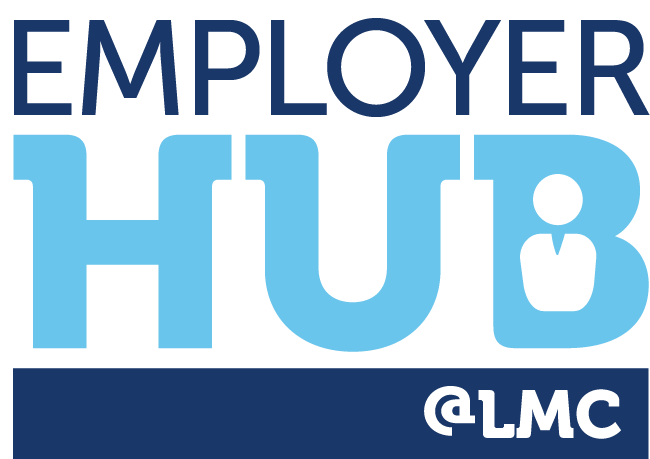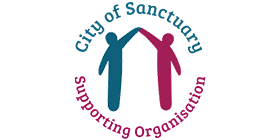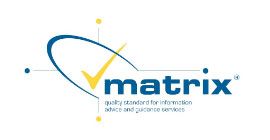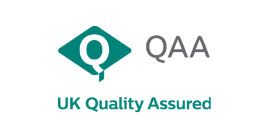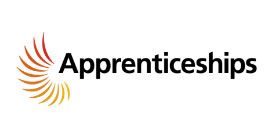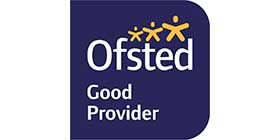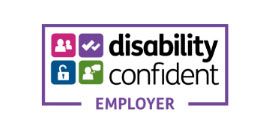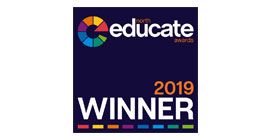For online payments please call our Finance Team on 01524 521321
T-Levels for Employers
Who can offer industry placements?
If you are an employer in England, you can offer an industry placement to a T-Level student with Lancaster & Morecambe College.
Industry placements must take place in a work environment, so it's a good idea to offer placements via a T-Level school or college that's close to your organisation's premises.
Before you offer a placement, you should make sure you're happy with your responsibilities as an employer.
How many placements can I offer?
You can offer as many industry placements as you wish. If you would like to host students across multiple business locations, please contact us.
How much does it cost?
T-Level industry placements are a free government scheme - you don't need to pay to take on a T-Level student for a placement.
There may be certain business costs, like time invested in planning, training and supervising, and you can choose to pay the student if you wish.
Find out more about the business benefits and costs of an industry placement.
What skills do T-Level students have?
The first T-Levels started in 2020. By September 2023, there will be more than 20 T-Level courses, covering 11 skill areas.
Within each course, students develop an understanding of a broad range of issues relevant to the sector, as well as topics specific to the course and an occupational specialism.
You can offer a placement to any T-Level student if you think it will be a meaningful placement. For example, your organisation does not have to have a digital focus to offer a Digital and IT student an industry placement.
Why should I offer industry placements?
Industry placements give you a chance to work alongside the next generation of workers entering your industry, making sure they develop the knowledge, attitude and practical skills to succeed.
They give you:
- fresh ideas and input from the next generation
- a talent pipeline for the future
- a way for you to fill skills gaps
- a chance for staff to develop supervisory and mentoring skills
- an opportunity to build a more diverse workforce
- an enhanced reputation in your community
How do I offer an industry placement?
If you're interested in offering an industry placement, your first step is to get in touch with LMC today.
When working with Lancaster & Morecambe College, please get in touch via hello@lmc.ac.uk
What skills, knowledge and behaviours will the students have when completing a T-Level?
TS1: Support team members – support other team members by completing own tasks effectively and extending support to others in or beyond your team (team working)
TS2: Build relationships with internal and external stakeholders – communicate effectively with both internal and external stakeholders (effective communication skills)
TS3: Plan projects and their deliverables – use a range of information to plan a small-scale project with realistic deliverables (project management)
TS4: Plan workloads and resources – use appropriate tools to plan work schedules and monitor workload (time management)
TS5: Deliver operational plans – complete tasks which contribute to short- to medium-term goals (working to deadlines)
TS6: Resolve problems – formulate realistic solutions to work-based problem-solving activities which can be effectively implemented (problem solving)
TS7: Safe practice – ensure that business information is secure and consistently demonstrate appropriate safe working practices (health and safety at work)
TS8: Use a range of software – make use of a range of software that supports own role and supports development beyond that role (application of software)
TS9: Manage finances – use spreadsheet functions to input formula to aid financial management (budgeting)
TS10: Marketing – create a marketing mix to influence customers to engage with products (marketing)
These skills will be developed across the year, and will be finally assessed in week 34, once all summative assessments for the T-Level have been completed, as part of a mini-project.
LMC Public Facilities
